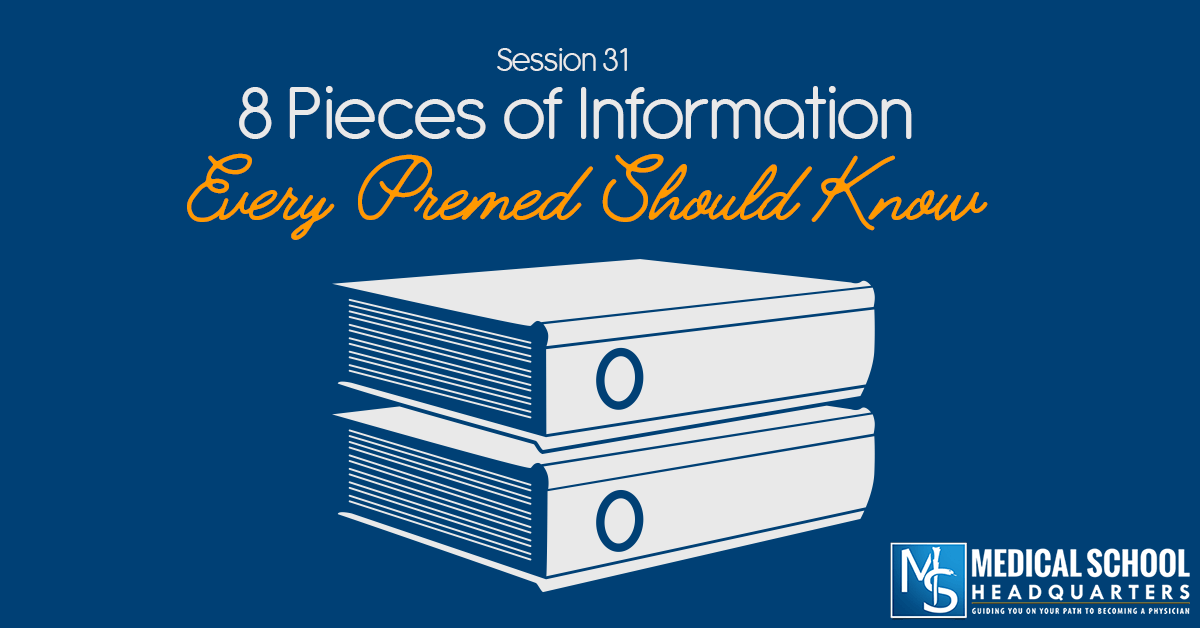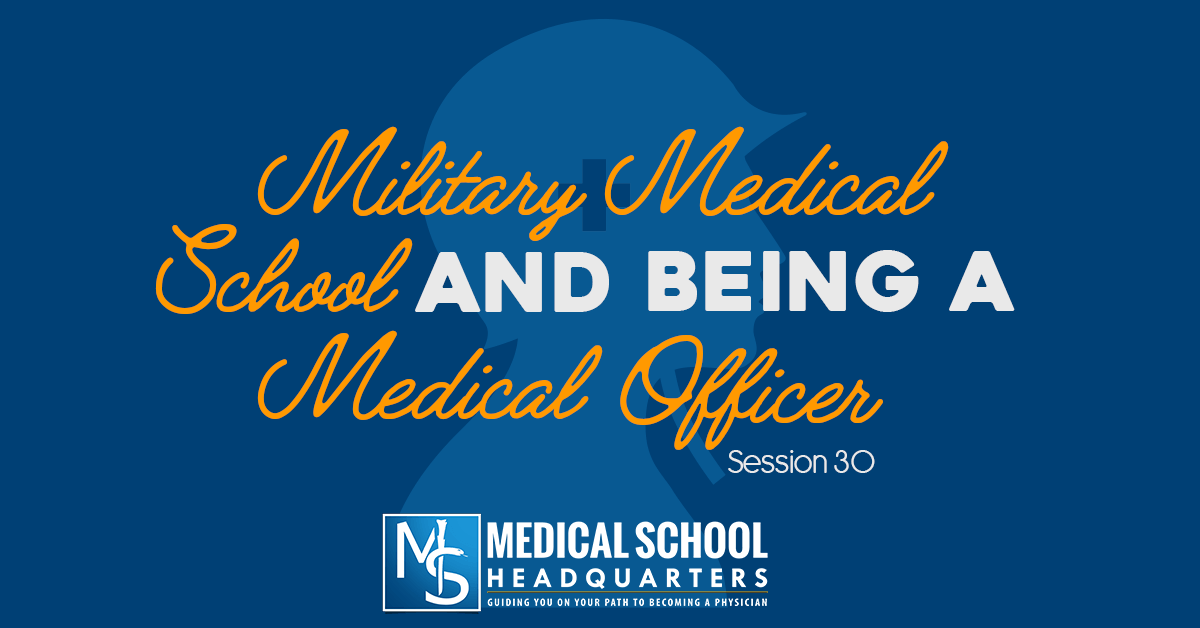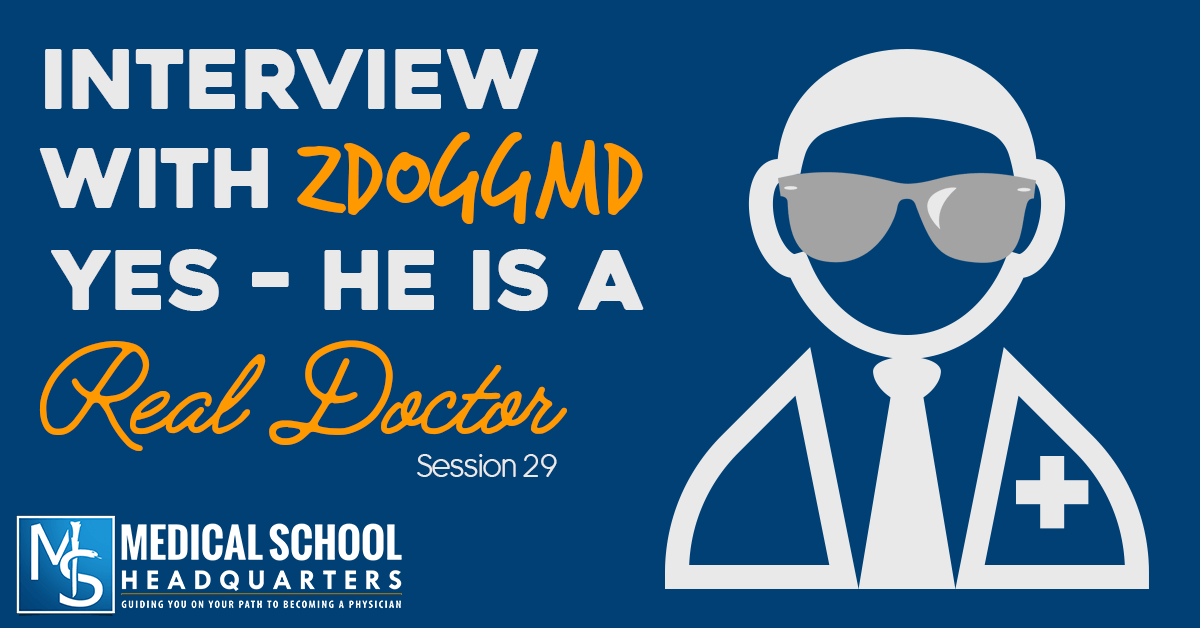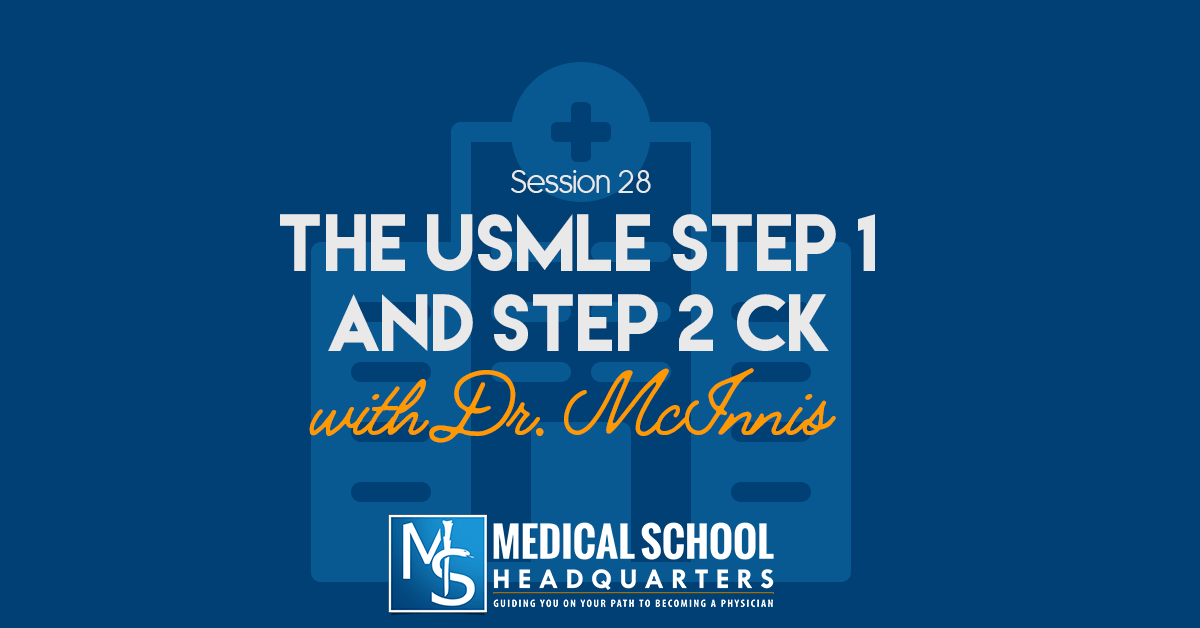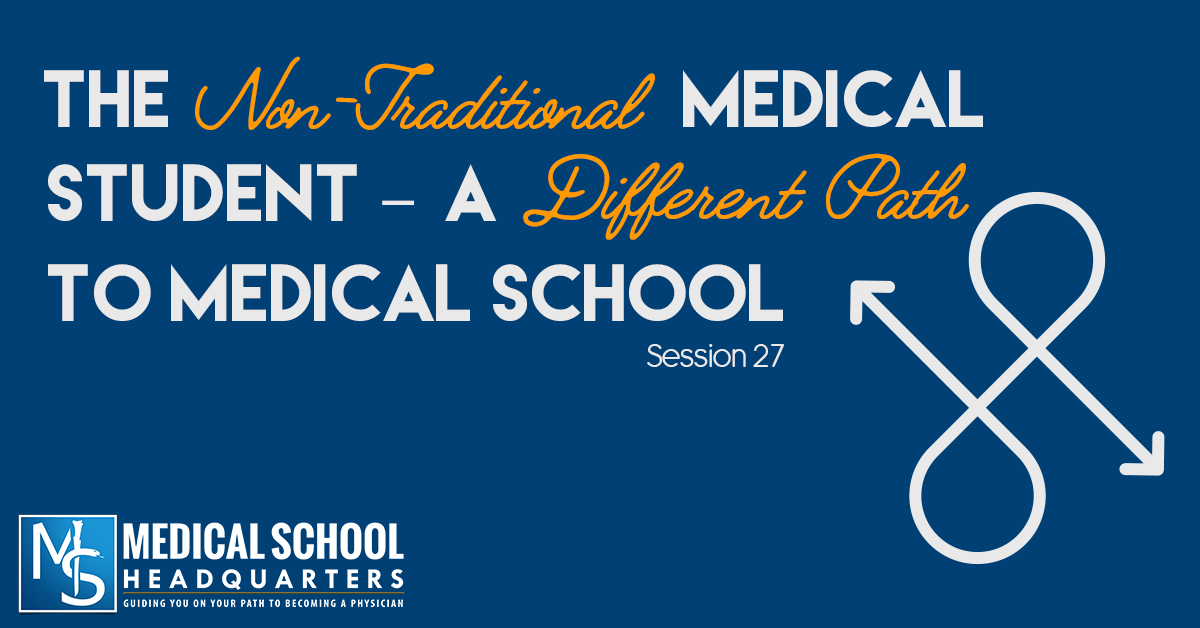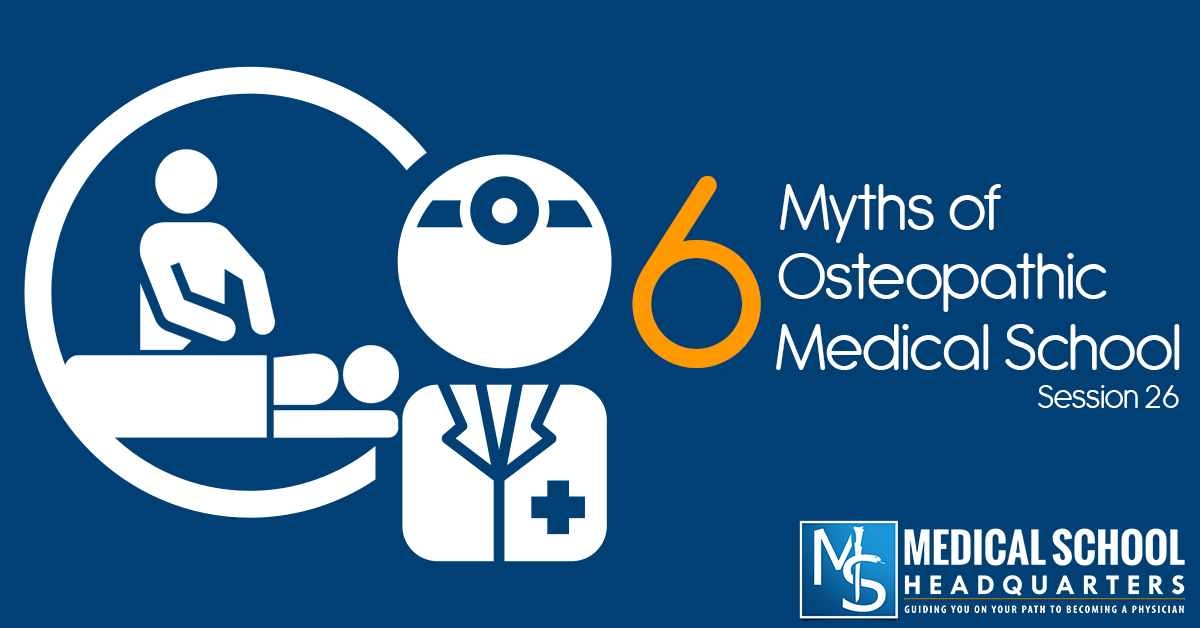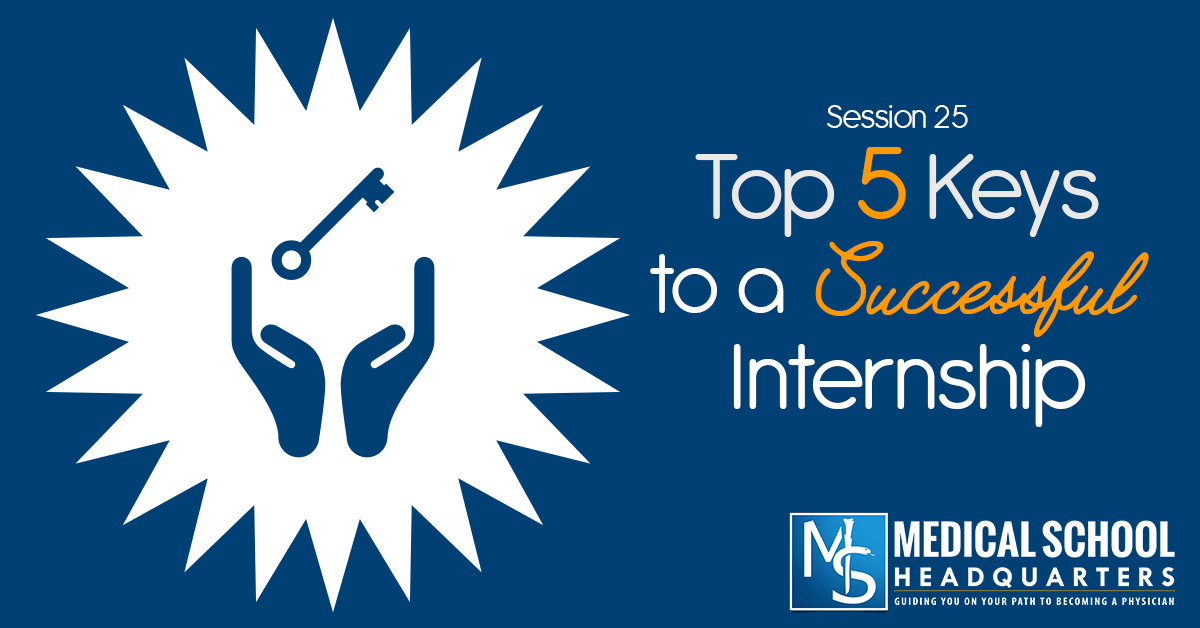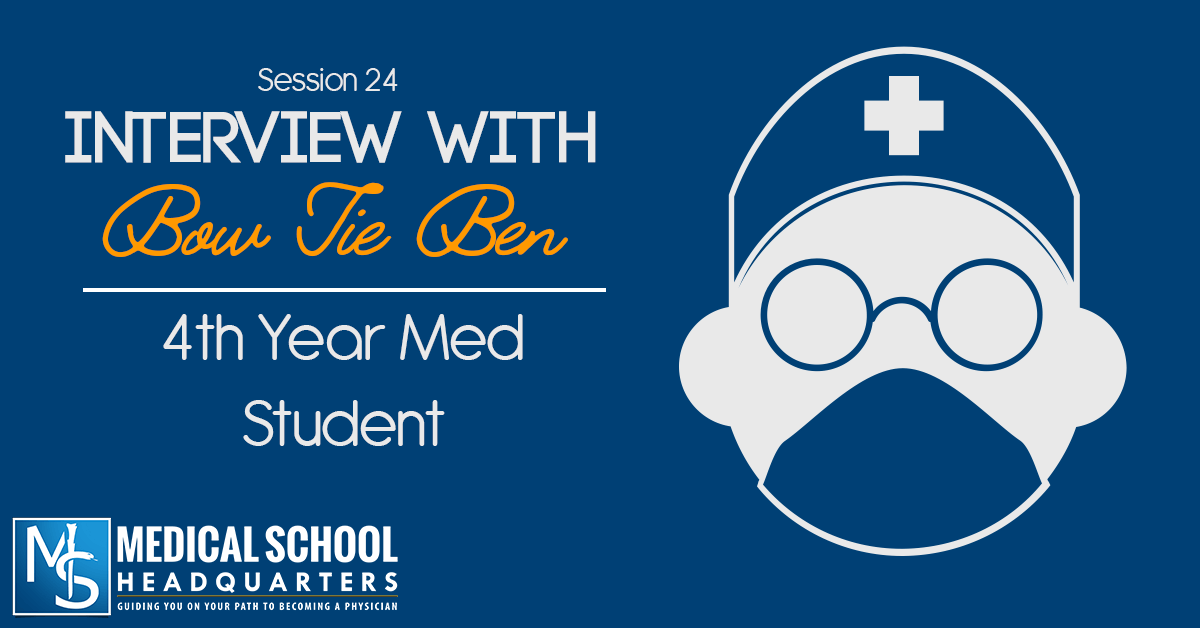Blog
RECENT POSTS
8 Pieces of Advice Every Premed Should Hear
Military Medical School and Being a Medical Officer
My OldPreMeds Talk – Crossing into the Blue
Who Is ZDoggMD? (Yes, He is a Real Doctor)
The USMLE Step 1 and Step 2 CK with Dr. McInnis
Blueprint MCAT Online Course Review — Personalized MCAT Prep
The Nontraditional Medical Student: A Different Path to Med School
6 Myths of Osteopathic Medical School
Session 26 is a great interview with Patrick and Jonathan, two 3rd year DO (Osteopathic) Medical Students at Touro College of Osteopathic Medicine. They wrote A Brief Guide to Osteopathic Medicine which is published on AACOM.
They thought there was a gap in the understanding of what osteopathic medical school is and they wanted to fill that gap.
We talked about what their friends and families reactions were when they were admitted to an osteopathic medical school. An initial reaction that Jonathan's family had was for him to wait or go to medical school overseas.
We also got into a discussion about the recent post that I wrote about if we even needed a DO degree. Patrick respectfully disagreed with my argument that osteopathic physicians should stick to primary care so they can practice OMT.
The biggest thing we talked about was this amazingly helpful guide that they wrote. One of my favorite parts was the 6 Myths of Osteopathic Medical School.

